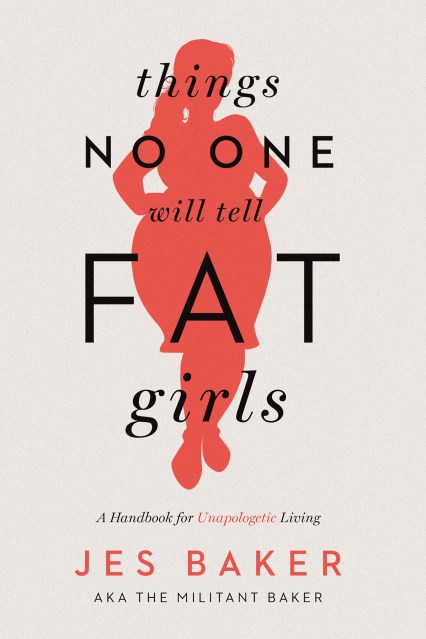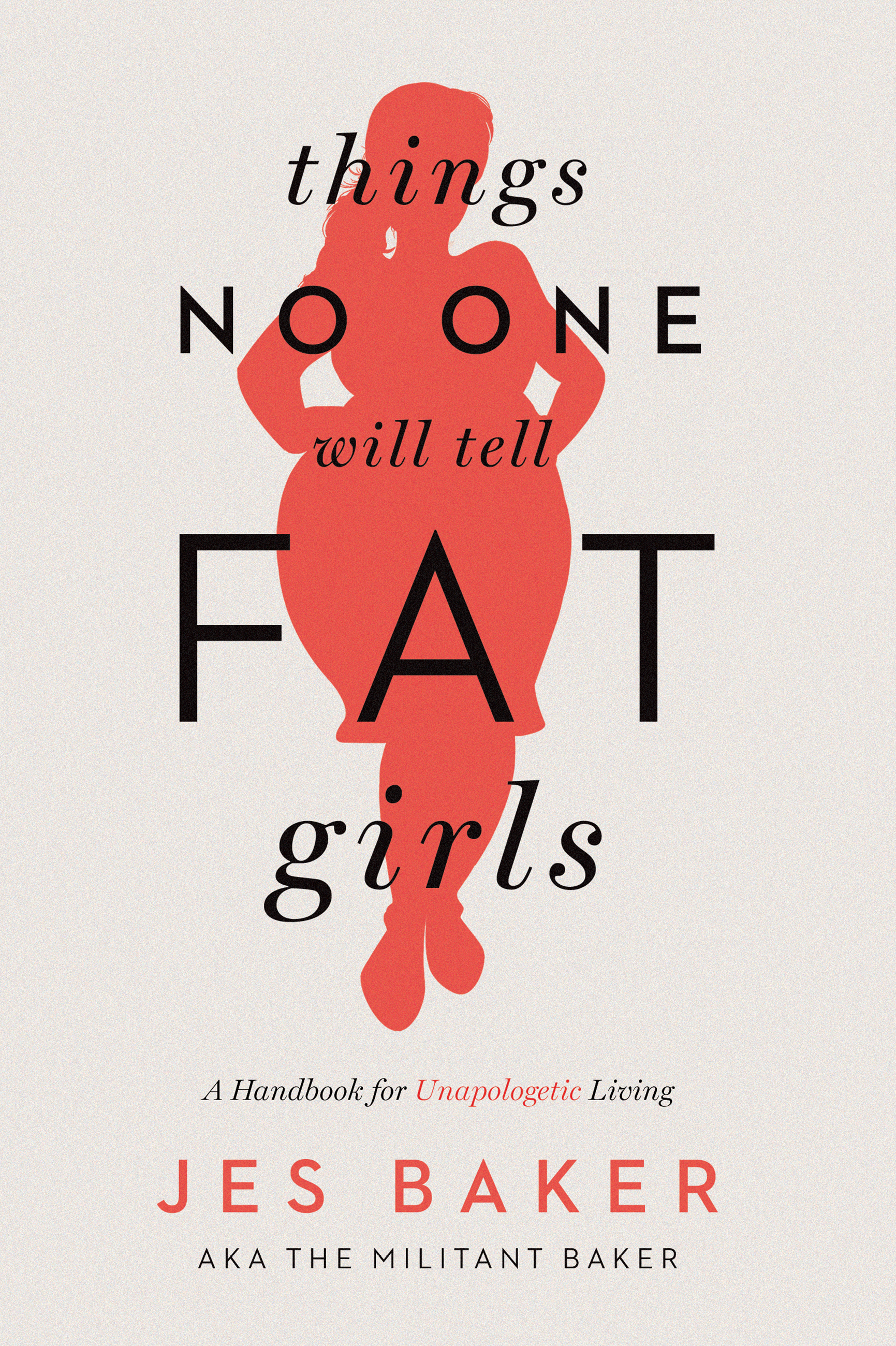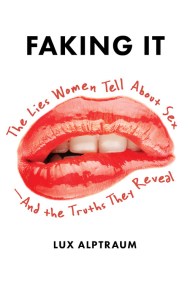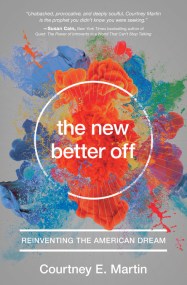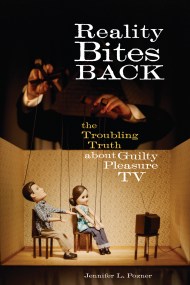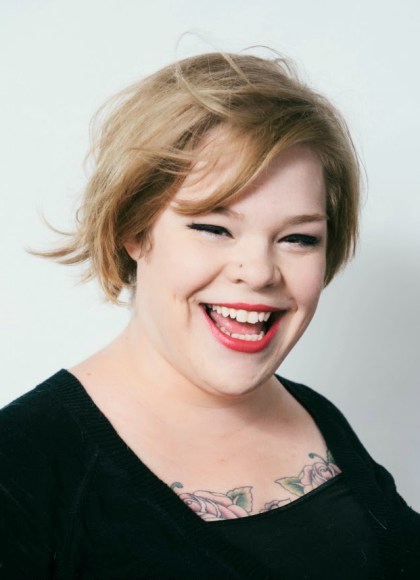By clicking “Accept,” you agree to the use of cookies and similar technologies on your device as set forth in our Cookie Policy and our Privacy Policy. Please note that certain cookies are essential for this website to function properly and do not require user consent to be deployed.
Things No One Will Tell Fat Girls
A Handbook for Unapologetic Living
Contributors
By Jes Baker
Formats and Prices
- On Sale
- Nov 17, 2015
- Page Count
- 224 pages
- Publisher
- Seal Press
- ISBN-13
- 9781580055833
Price
$11.99Price
$14.99 CADFormat
Format:
- ebook $11.99 $14.99 CAD
- Trade Paperback $16.99 $22.99 CAD
This item is a preorder. Your payment method will be charged immediately, and the product is expected to ship on or around November 17, 2015. This date is subject to change due to shipping delays beyond our control.
Buy from Other Retailers:
With the same straightforward tone that catapulted her to national attention when she wrote a public letter addressing the sexist comments of Abercrombie & Fitch’s CEO, Jes shares personal experiences along with in-depth research in a way that is approachable, digestible, and empowering. Featuring notable guest authors, Things No One Will Tell Fat Girls is an invitation for all women to reject fat prejudice, learn to love their bodies, and join the most progressive, and life-changing revolution there is: the movement to change the world by loving their bodies.
Newsletter Signup
By clicking ‘Sign Up,’ I acknowledge that I have read and agree to Hachette Book Group’s Privacy Policy and Terms of Use
